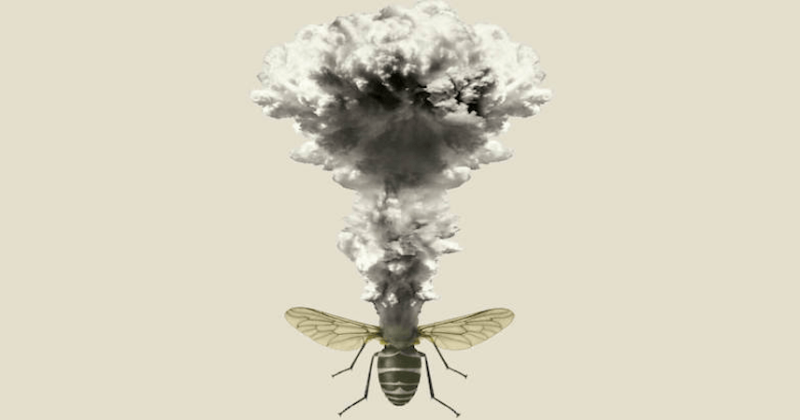Drastic declines in insect biomass, abundance, and diversity reported in the literature have raised concerns among scientists and the public. If extrapolated across Earth, biomass losses of ~25% per decade project a potential catastrophe developing unnoticed under our noses.
The phrase “insect Armageddon” has captured the collective attention …. Yet, insects are critically understudied. For example, the BioTIME database—a compilation of biodiversity time series—contains records for 22% of known bird species but only 3% of arthropods (the phylum that includes insects and spiders).
…
In what is the largest and most complete meta-analysis to date, van Klink et al. revealed substantial variation—surges and declines—in [insect] abundance and biomass trends. Similar to what is found across other taxa, the meta-analysis in the new study detected no net directional trend among 166 studies of 1676 geographical sites in 41 countries. Yet, van Klink et al. found that terrestrial insects declined in abundance by 9% per decade on average, whereas freshwater insects increased by 15%.
…
The temptation to draw overly simple and sensational conclusions …. has the grave risk of undermining trust in science and can lead to denialism, fatigue, and apathy. Embracing nuance allows us to balance accurate reporting of worrying losses with hopeful examples of wins.































